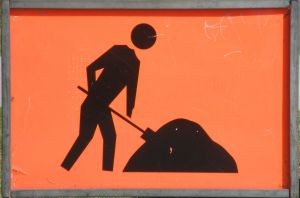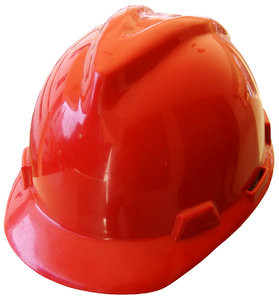Workers’ compensation in Massachusetts is generally what we consider a “no-fault” system. That means that if you are injured on-the-job in Boston, workers’ compensation benefits can still be paid to you no matter how the accident occurred or who was at-fault. But there are a few exceptions to this, and one of the biggest is when the employer has reason to believe the accident was caused by the injured worker’s use of alcohol and/or drugs.
For this reason, companies started to make it standard practice to test workers for drugs and alcohol after an accident. But this has been met with mixed response from the courts. For example, the Ohio Supreme court struck down a part of state workers’ compensation law that allowed employers to automatically test workers for drugs and alcohol after a work injury, finding it a violation of workers’ Fourth Amendment rights against unreasonable searches. Another case in West Virginia resulted in the same finding after a worker who injured his back was ordered to under drug and alcohol screening five days after the work accident.
Now, the issue has been raised again in the wake of the Occupational Safety & Health Administration (OSHA)s newest rules to prompt better reporting of all workplace injuries. Now, effective August 10, 2016, employers across the country are required to have a “reasonable procedure” for workers to report work-related injuries and illnesses both promptly and accurately. The rule forbids this procedure from discouraging or deterring an employee from accurately reporting a work-related injury or illness. Additionally, the rule specifically bars retaliation for a worker who reports workplace injuries or illnesses. Per this new standard, companies that require or request post-accident alcohol and/ or drug testing are going to face down additional scrutiny from OSHA under the new Final Rule to Improve Tracking of Workplace Injuries and Illnesses because such post-incident testing may deter reporting of the injury. Continue reading
 Police say that when they caught up with the suspect and pulled him over, he allegedly pretended to blow into the roadside breath test and then told the officer that his wife “looks like a toilet.” Continue reading
Police say that when they caught up with the suspect and pulled him over, he allegedly pretended to blow into the roadside breath test and then told the officer that his wife “looks like a toilet.” Continue reading Massachusetts Workers Compensation Lawyers Blog
Massachusetts Workers Compensation Lawyers Blog









